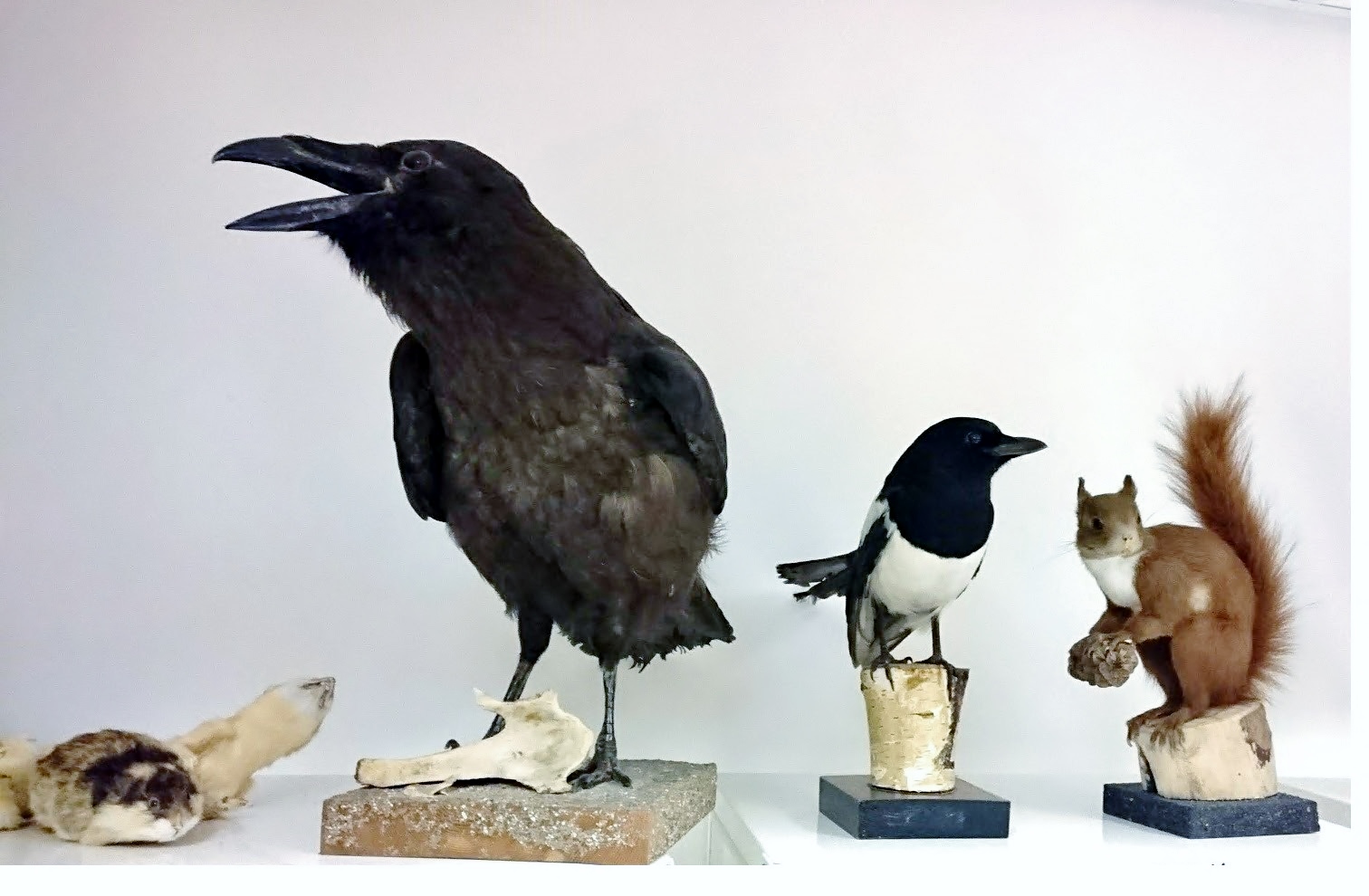Wunderkammer – The organisation of things and knowledge in an activity-based era
Scientific essay
DOI:
https://doi.org/10.7577/information.3881Abstract
This essay questions how we organize things and knowledge. The entrance point is the old cabinets of curiosities (Wunderkammers), specified by a book by Samuel Quiccheberg from 1565, together with the use of a cell office today. Quiccheberg’s book is described as the first thesis on how to organize collections. The cell office also contains things within a system. The subversive use of this office is relevant because of the debates around office landscapes and activity-based workplaces. The essay is composed of several smaller texts. Here are no answers to a formulated issue, but the essay is used as a method to raise questions and look for new contexts.

Downloads
Published
How to Cite
Issue
Section
License

This work is licensed under a Creative Commons Attribution 4.0 International License.
Authors who publish with this journal agree to the following terms:
- Authors retain copyright and grant the journal right of first publication with the work simultaneously licensed under a Creative Commons Attribution License that allows others to share the work with an acknowledgement of the work's authorship and initial publication in this journal.
- Authors are able to enter into separate, additional contractual arrangements for the non-exclusive distribution of the journal's published version of the work (e.g., post it to an institutional repository or publish it in a book), with an acknowledgement of its initial publication in this journal.
- Authors are permitted and encouraged to post their work online (e.g., in institutional repositories or on their website) prior to and during the submission process, as it can lead to productive exchanges, as well as earlier and greater citation of published work (See The Effect of Open Access).